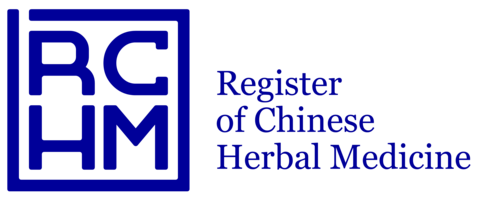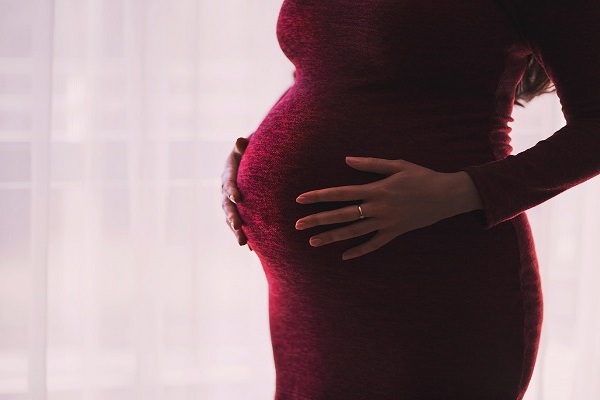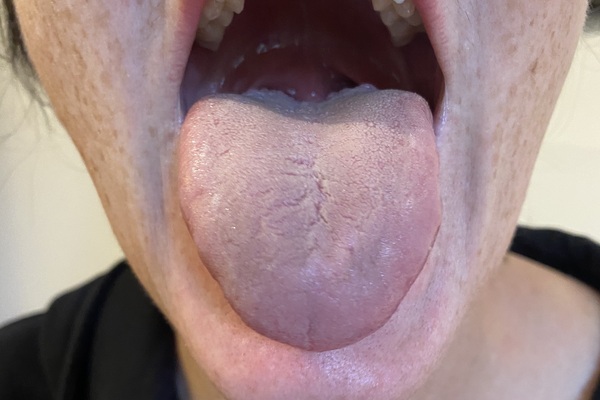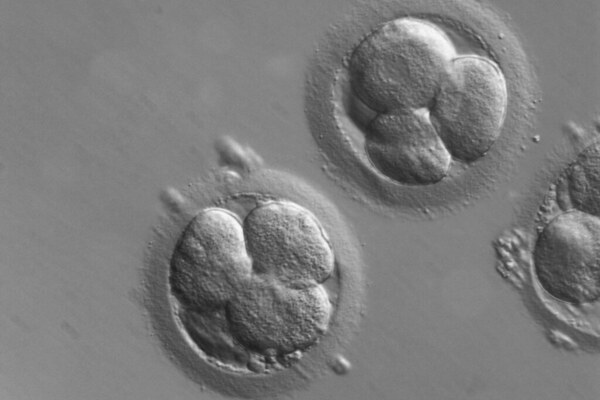The study ‘Maternal traditional Chinese medicine exposure and risk of congenital malformations: a multicenter prospective cohort study” published recently in The Daily Mail has met with widespread criticism by UK academics and the leading regulator of the practice of TCM, the Register of Chinese Herbal Medicine (RCHM).
The study in question has failed to meet basic standards of academic rigor, statistical analysis and methodology necessary for conclusions to be drawn. Further to this, the study fails to distinguish between highly trained professionals that adhere to a global 21st Century standard of safe practice, and those practicing without those standards and safeguards, or potentially self-prescribing.
Herbal toxicity is an important ongoing issue of concern for the RCHM, to which it takes appropriate action. Practitioner members are subject to high training standards for entry enabling the safe prescription of herbal medicines. Practitioner members use herbal suppliers that have been audited for safe supply through the RCHM approved supplier’s scheme. The RCHM and its umbrella body, the European Herbal & Traditional Medicine Practitioners Association (EHTPA) monitor current issues of toxicity and have an open dialogue on the subject of safety with the Medicines and Healthcare products Regulatory Authority (MHRA) where issues arise. Hence, patients who are given herbal medicines by an RCHM member may be assured of these herbal safety standards.
Research Scrutinized by UK Academics
A number of the failings are acknowledged within the paper itself while others have been identified by leading academics in the field.
Its critics say it has cherry picked data and extrapolated findings from samples of women who are not stated to have not been from being in pre-existing high risk groups.
Dr Trevor Wing MBRCP FRCHM MBAcC BSc (Hons) MSc (Dist) DMed (Img), a Fellow of the Royal Society of Medicine and a Fellow of the RCHM has treated thousands of women over 25 years of practice at The Women’s Natural Health Clinic said:
“Many substances are proven to be fetotoxic (teratogenic) causing developmental abnormalities when taken in the first trimester of pregnancy, including heavy metals and some prescription medicines.
The RCHM yellow card system records adverse effects from CHM – and has never recorded any birth defects in women prescribed CHM during pregnancy.
The study quoted, carried out in China has not ruled out that heavy metals were present in the herbs used by these women, unlike in the UK where we have stringent quality controls on products under the RCHM Approved Supplier Scheme.
Furthermore, it is unclear in the study if these medicines were self-prescribed not under the advice of a properly trained and qualified practitioners, as self-medication is common in China, raising serious concerns about the safety and suitability of the medications for the individual.”
Lily Lai PhD, a BMJ published academic and practitioner who specializes in UK fertility treatment further commented on this study.
“I find it disappointing that the researchers, and the peer reviewers, have also overlooked some important things.
When you look at the traditional Chinese medicines (TCMs) that the participants in the study took and which the researchers have detailed in their ’Supporting Information’ file at the end of their paper, you can see some important details within the tables, which have not been explicitly reported within the paper itself.
Firstly Table S8 reports on the details of 10 congenital malformations and column 2, you can see that the reason for seeking TCM support was for a range of clinical reasons including influenza, pharyngitis and vaginal bleeding. The effects of maternal influenza on the foetus are not fully understood, but there are reasonably robust reports suggesting higher rates of spontaneous abortion, preterm birth and birth defects in pregnant women with pneumonia. It is also important to note that there is as yet inconclusive evidence regarding association between vaginal bleeding and congenital malformations, meaning there isn’t a clear pattern, but likewise that it cannot be confidently dismissed as a potential risk factor. These are important points that appear to have been overlooked by the researchers in the original article and that the cohort of women taking TCMs for their conditions may have been presenting with conditions that already placed them at higher risk of carrying a foetus with congenital abnormalities, rather than identifying TCM use as the cause.
Secondly, when examining the ingredients within some of the TCMs used, some herbs should have only been used with caution in pregnancy and certainly in consultation only with a qualified practitioner in a recognized regulating body such as the RCHM.”
Dr Trina Ward PhD, a researcher and practitioner also echoed the above criticisms while further highlighting methodological flaws in the study design:
“The study … itself acknowledges that the existing sample size was insufficient to clarify the association between specific components and the risk of congenital malformations. Also that the robustness of their conclusions will be negatively affected by the small number of anomaly cases and exposed pregnant women.
[Moreover] the subgroup analysis between the groups is meaningless since the stated large sample of 17713 would ideally have a 50-50 split between groups the further away from this the less value in the findings. In this study the split is 98.3% in one group and 1.7% in the group taking Chinese medicine. Hence any findings are severely skewed, misleading and can be dismissed.”
Sarah Price PhD, a leading academic, highlighted potential flaws around insufficient elimination of other factors.
“There seemed also to be a strong association between congenital malformations appearing in the TCM exposure cohort in regions where there was a greater prevalence of congenital malformations generally and there was no association in the TCM exposure group with less prevalence (Table S7). This also suggests that the sample size is much too small to draw firm conclusions. The authors should draw attention to this in the discussion section and why this throws doubt on the cause of defects being due to TCM … The authors do not offer much critical appraisal of their methods or analysis”.
Safe UK Supply Chain
The RCHM takes the quality of provision of Chinese herbal medicines to the public by regulated trained practitioners very seriously. The organization is continuously engaged with the issue of toxicity. The RCHM monitors and regularly communicates issues of concern from the latest scientific research to its members. The RCHM has a proven track record of taking firm action on issues of toxicity where the evidence and science demands it. Hence, practitioner members who treat women in pregnancy do so under the strictest standards of safety.
Unfortunately, it is often the case that studies that generate the most media coverage are not always those with the most scientific rigour. The RCHM finds the amplification of this study an unhelpful addition to a conversation that it is a leading voice in. Since its founding over 30 years ago, the RCHM has been the strongest advocate for the universal application of minimum standards of supply and practice within the industry and has frequently sounded the alarm on the important issue of safety to the public.
These safety concerns were unfortunately ignored with the short-sighted decision by the UK government not to implement statutory regulation of the herbal medicine sector in 2015. In the absence of such regulation, the RCHM and the EHTPA continue to lead the way in voluntary regulation ensuring that the British public have access to high quality, effective and safe provision of Chinese herbal medicine therapy.
Members of the public who find a practitioner through the RCHM directory can be assured of these minimum standards of practice and supply.
For Press Contact [email protected]







